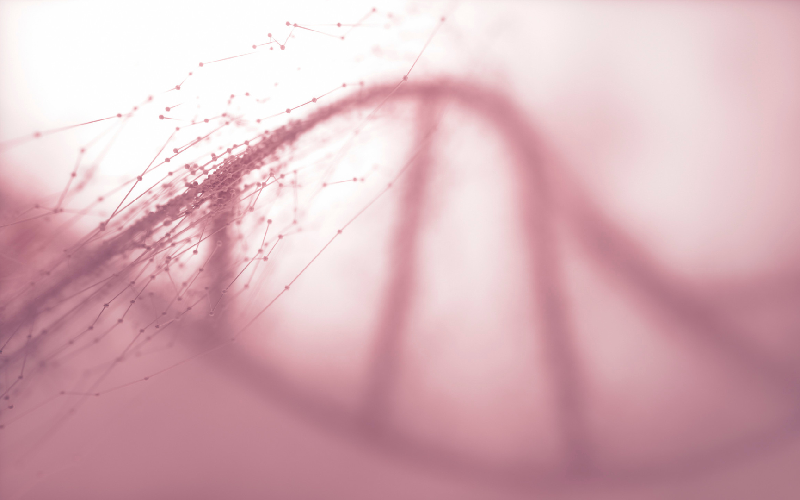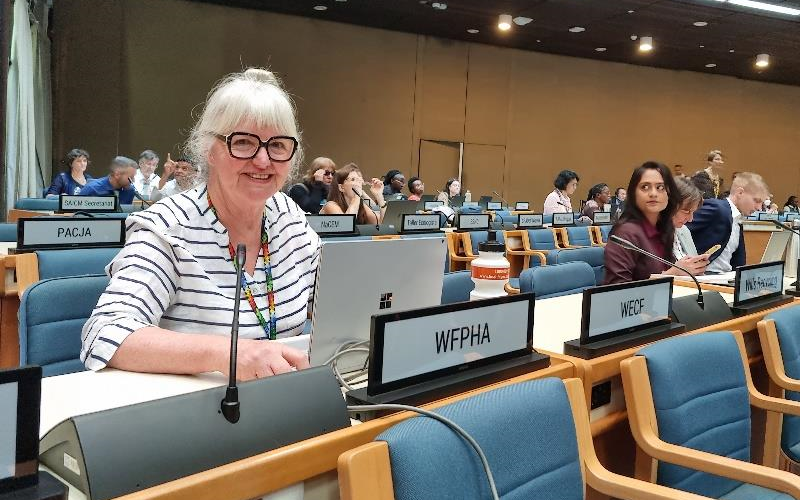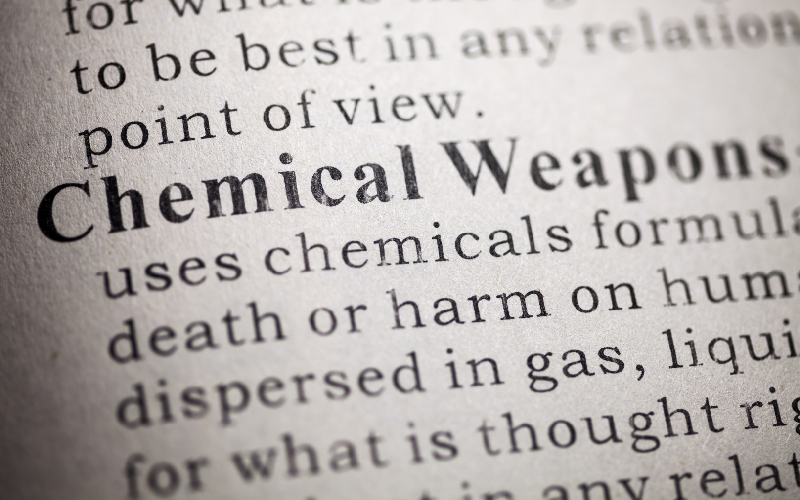In 2006, the Strategic Approach to International Chemicals Management (SAICM) was adopted as a voluntary, multi-stakeholder, multi-sectoral policy framework to promote chemical safety around the world. The goal of the SAICM is to achieve the sound management of chemicals throughout their life cycle so that by the year 2020 chemicals are produced and used in ways that minimize significant adverse impacts on the environment and human health. As the SAICM effectively expired in 2020, governments have been examining progress towards that goal and discussing SAICM’s future beyond 2020.
During the fourth session of the Intersessional Process for Considering the SAICM and the Sound Management of Chemicals and Waste Beyond 2020 (IP4), which was held from August 29 to September 2, 2022, in Bucharest, Romania, delegates agreed to suspend IP4 and reconvene in early 2023. The Resumed Session of IP4 was held in Nairobi, Kenya, from February 27 to March 3, 2023.
WFPHA attended the Resumed Session of IP4 along with approximately 500 delegates, representing governments, intergovernmental organizations, industry, civil society organizations, and special constituencies including children and youth. WFPHA was represented by four members of its Environmental Health Working Group (EHWG), including Liz Hanna (EHWG Chair), Peter Orris (EHWG Past Chair), Susan Wilburn (Health Care Without Harm), and Andrea Hannah Rother (the University of Cape Town).
The Resumed Session of IP4 made substantial progress on implementation mechanisms for the new instrument, capacity building, stocktaking, measurability and modalities for considering new issues of concern. The WFPHA delegation actively engaged in the plenary discussions and thematic groups to ensure the principles of human health protection remained central to the focus of the new instrument. The civil society collective presented powerful arguments and successfully interjected to retain ambitious targets and text to prioritize protection of human health and the environment.
Delegates also worked hard to elaborate ambitious targets for the instrument, and determine what issues should be the subject of draft resolutions to be adopted at the Fifth ICCM (ICCM5) to be held in Bonn, Germany, in September 2023. Several delegations have also signaled that they want ICCM5 to consider mandating the creation of a new alliance on pesticides or negotiations on an international code of conduct on chemicals.
Reaching consensus is a highly ambitious aim, especially for a lengthy instrument, and one that addresses national responsibilities to protect human health and the environment from harm. Key portions of the draft instrument required further work before they are put before ICCM5, so it was decided to suspend the IP again and reconvene two days before the start of ICCM5.
Given the contribution to the global health burden, both directly through exposure and indirectly through environmental contamination from poor chemical management, the re-engagement of the EHWG in the SAICM process reaffirmed the importance of consolidated public health expert involvement in global chemical management. Through the EHWG, the WFPHA intends to sustain its involvement.





Recent Comments